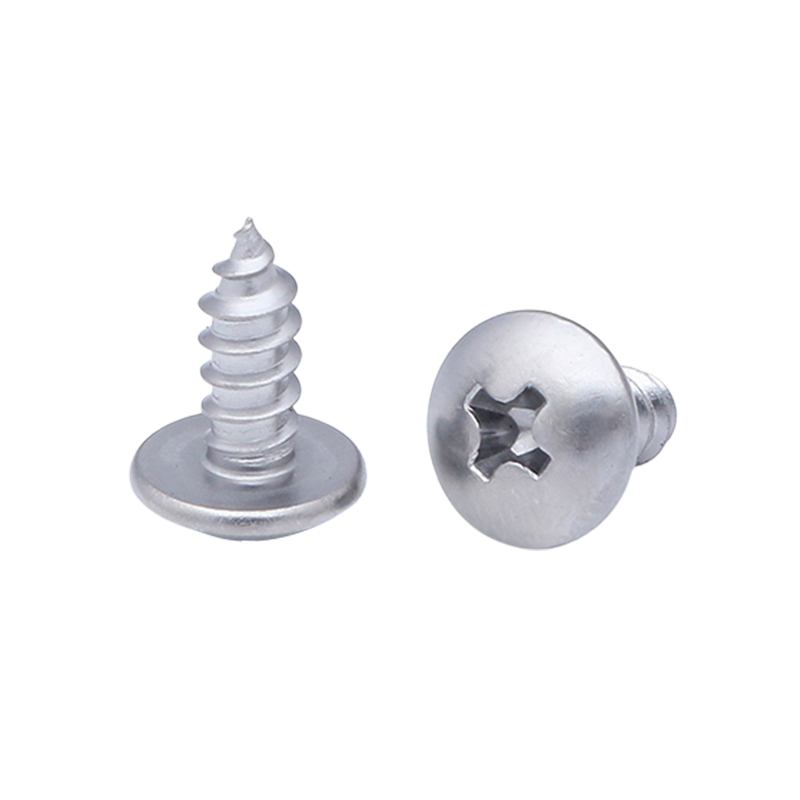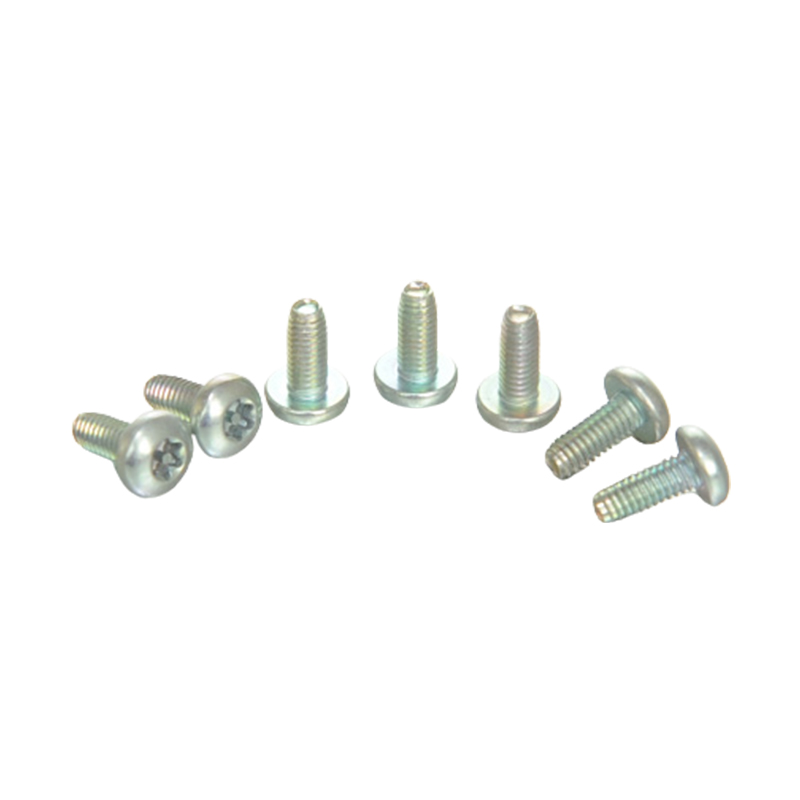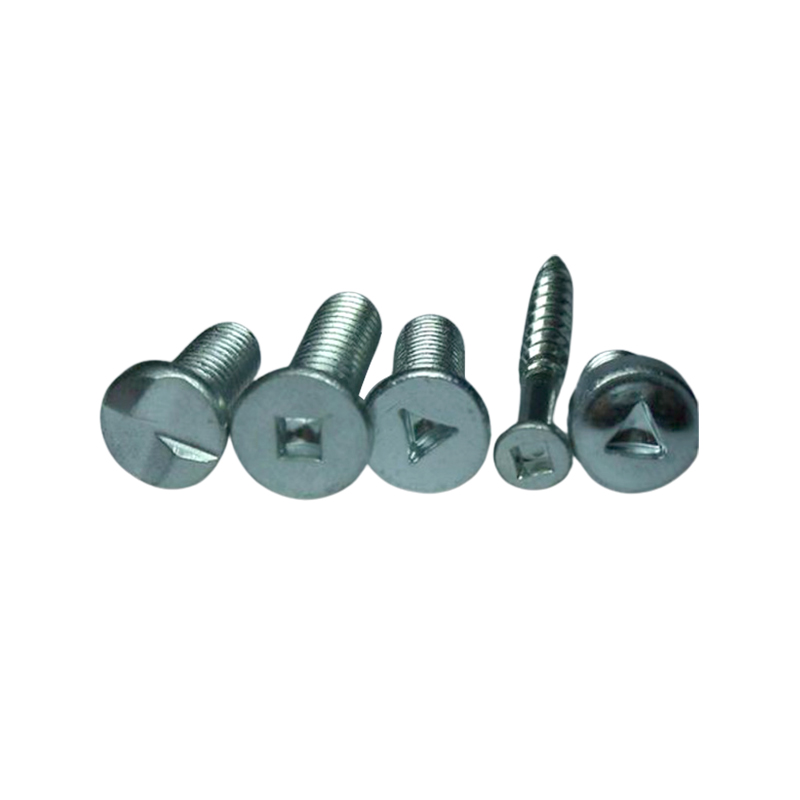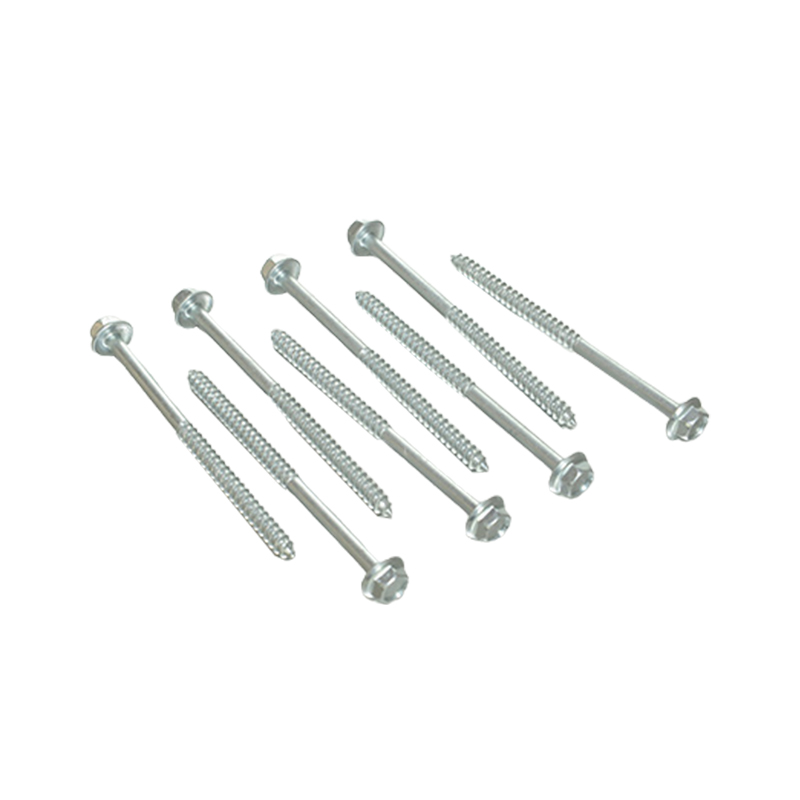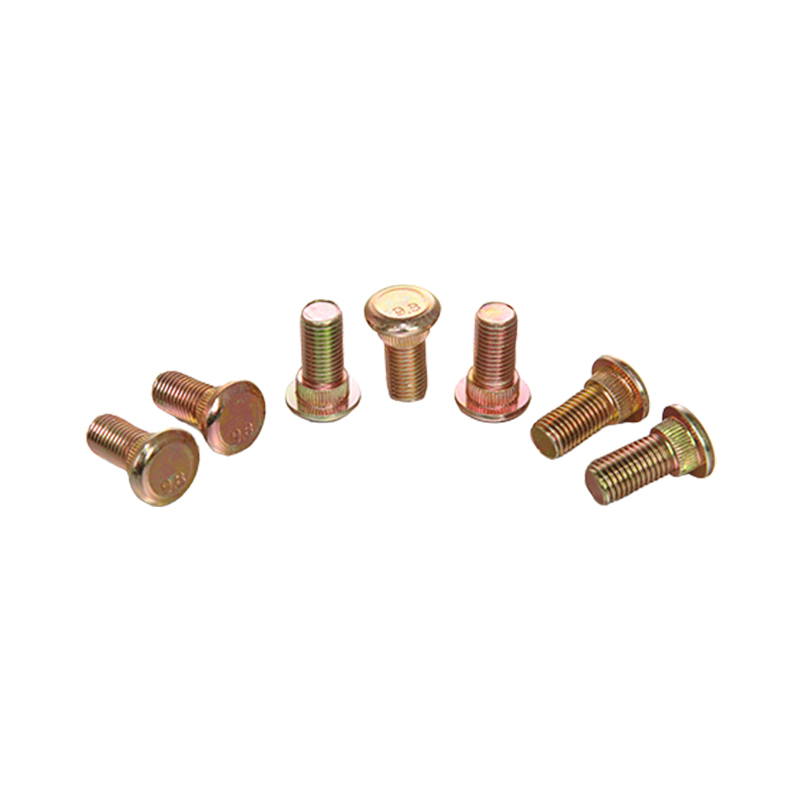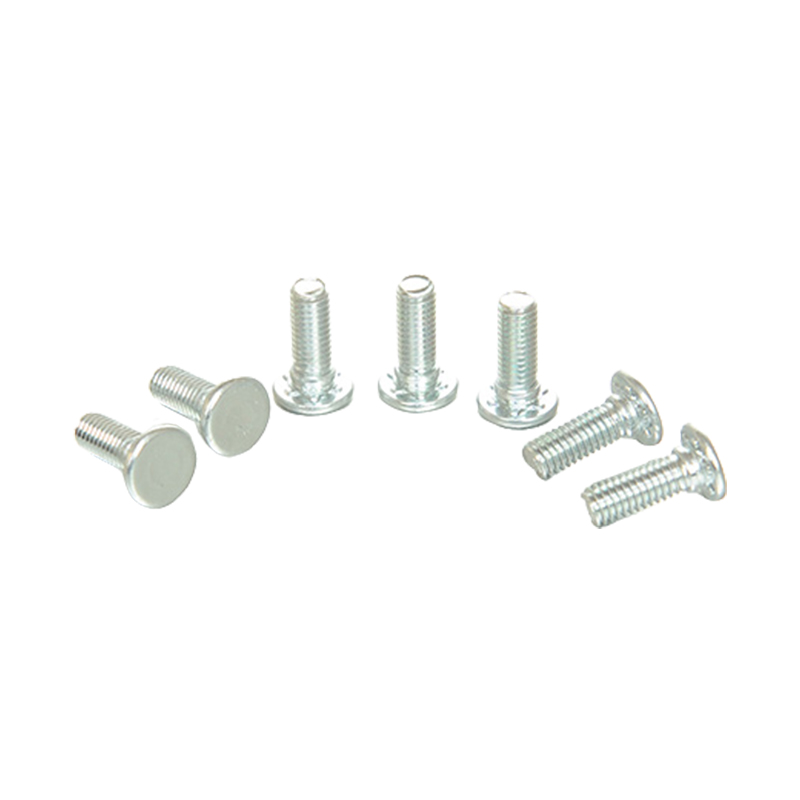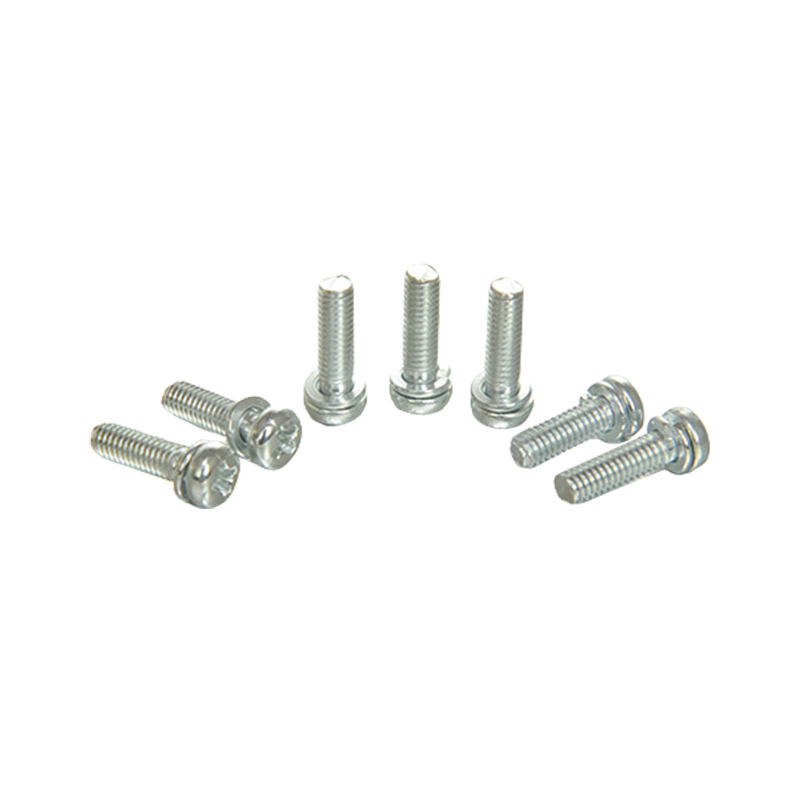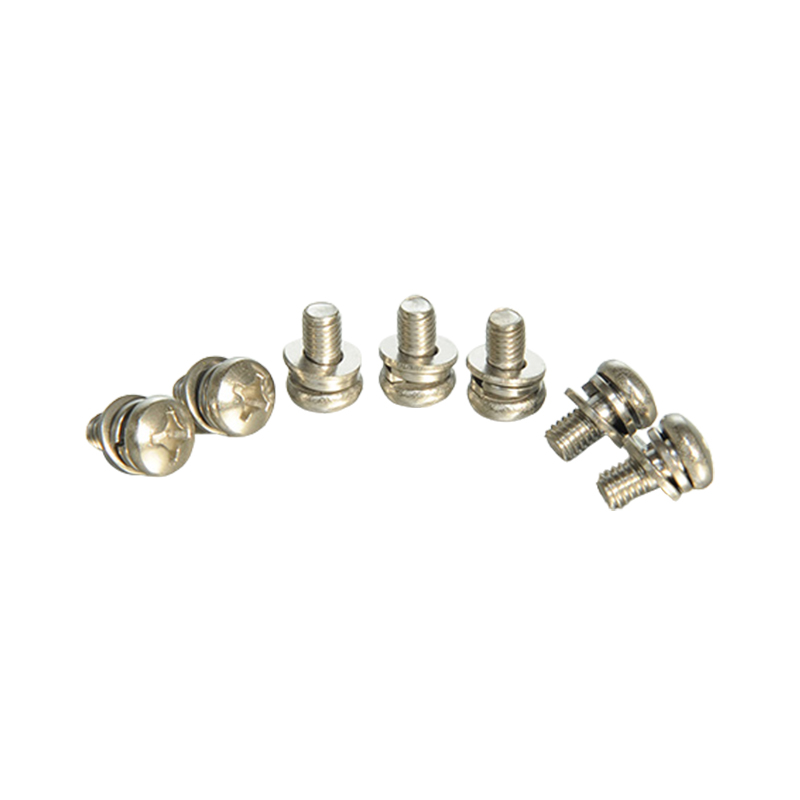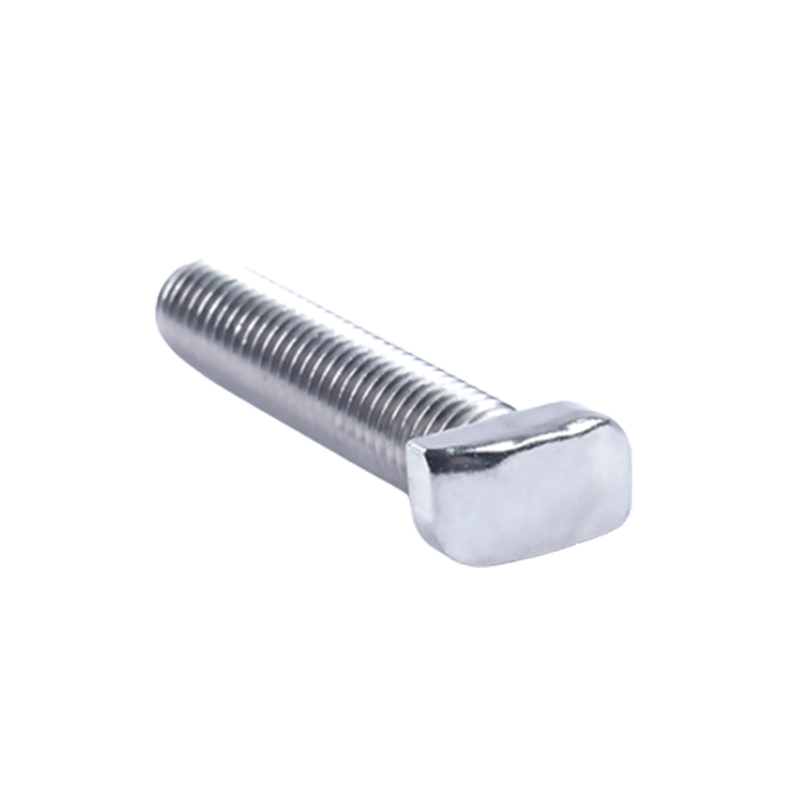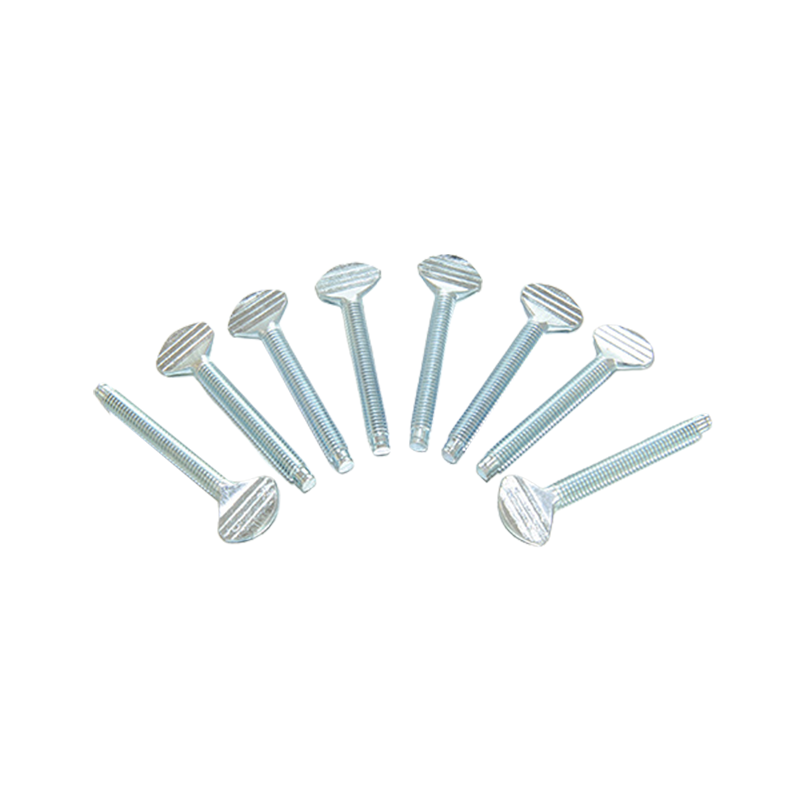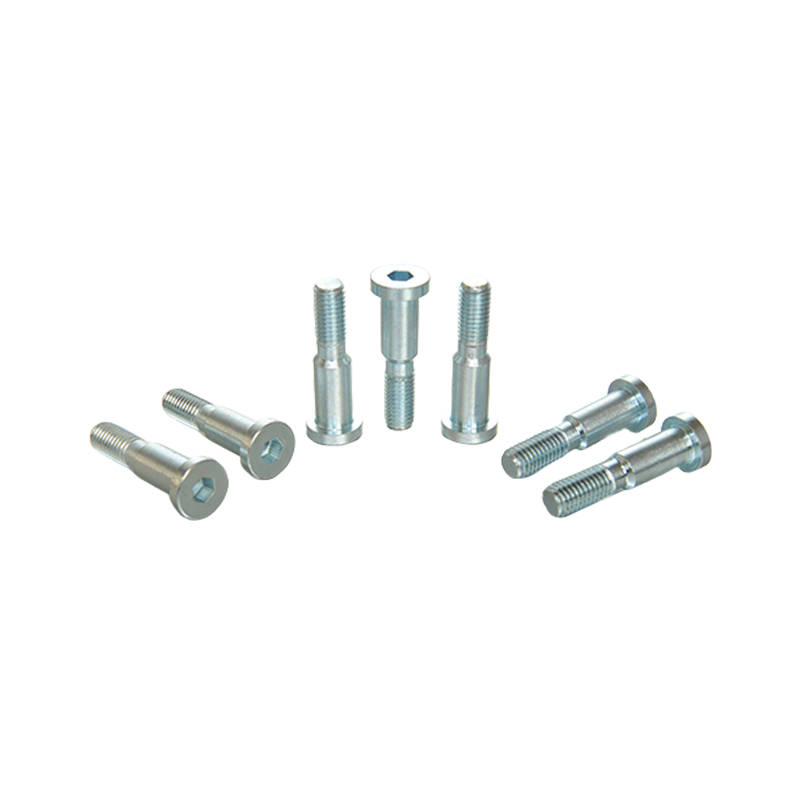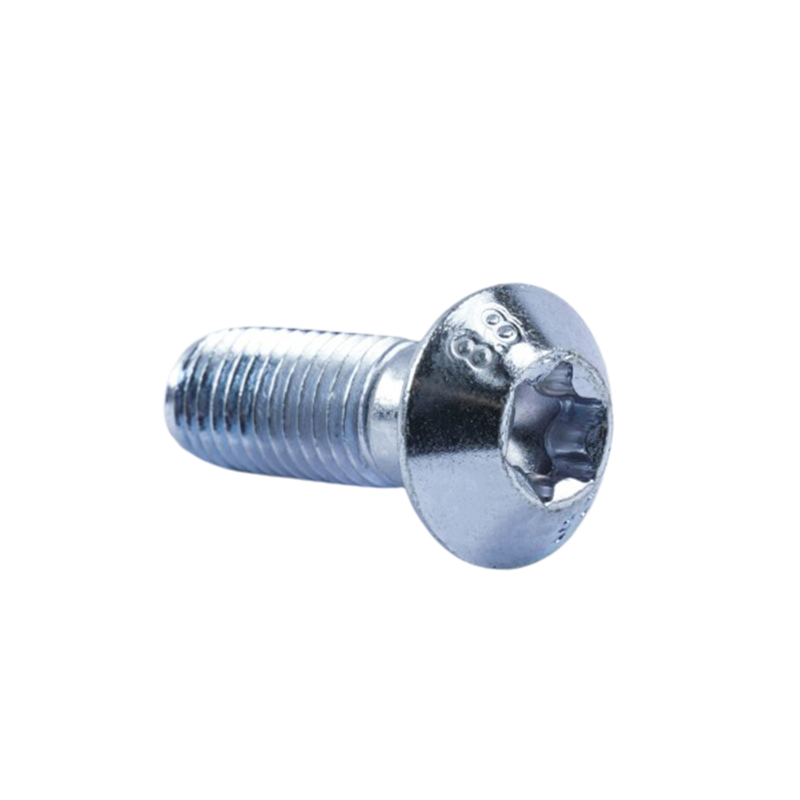Material Composition of Pressure Riveting Screws
Pressure riveting screws are mechanical fasteners designed for use in thin sheet materials, particularly metals, where traditional fastening methods may not provide sufficient strength. Their performance in terms of tensile strength and torque properties depends significantly on the material composition. Commonly, these screws are made from carbon steel, stainless steel, or alloy steel. Each material grade provides different mechanical characteristics. For example, carbon steel provides a balance of strength and cost-effectiveness, stainless steel offers corrosion resistance along with moderate strength, while alloy steel delivers higher tensile and torque capacity. Heat treatments, coatings, and plating further influence the final mechanical properties of pressure riveting screws.
Definition of Tensile Strength in Pressure Riveting Screws
Tensile strength refers to the maximum load a screw can withstand when subjected to a pulling force before failure. In the context of pressure riveting screws, tensile strength is a measure of how well the fastener can resist being pulled apart once it has been embedded in a sheet metal structure. The tensile strength of a screw is determined by its core diameter, thread profile, material composition, and any heat treatment processes applied during manufacturing. This property is particularly important when screws are used in structural or load-bearing applications where external forces might attempt to separate the joined materials.
Definition of Torque Properties in Pressure Riveting Screws
Torque refers to the rotational force required to tighten a screw into its intended location. The torque properties of pressure riveting screws determine the amount of twisting force they can withstand before thread stripping, head damage, or premature failure occurs. Proper torque capacity ensures that screws achieve adequate clamping force without exceeding material limits. The geometry of the screw head, the pitch of the threads, the hardness of the material, and the lubrication conditions during assembly all influence torque characteristics. Understanding torque behavior is essential to ensure correct installation without compromising the structural performance of the joint.
Factors Affecting Tensile Strength
The tensile strength of pressure riveting screws is influenced by several variables. The base material of the screw plays a critical role, with alloy steels typically offering the highest tensile values. Heat treatments such as quenching and tempering can further increase tensile strength by refining the grain structure of the steel. The thread design and diameter also matter, as larger core diameters generally support higher tensile loads. Surface treatments such as zinc plating or black oxide coating have little effect on tensile strength but can indirectly help by preventing corrosion, which otherwise reduces effective load-bearing capacity over time.
Factors Affecting Torque Properties
Torque properties are closely linked to the interaction between the screw threads and the sheet metal into which they are installed. The hardness of both the screw and the host material impacts torque performance. Softer sheet metals may strip threads if excessive torque is applied, while harder sheet metals may require higher torque for proper seating. Surface lubrication reduces friction and allows for more consistent torque application. Additionally, the head design of the pressure riveting screw, whether flat, countersunk, or hexagonal, affects how torque is distributed during tightening. These factors must be considered to achieve optimal installation conditions.
Measurement of Tensile Strength
Tensile strength testing is performed using a tensile testing machine, where a screw is pulled until it fractures. The load at which failure occurs is recorded and expressed in units such as Newtons (N) or megapascals (MPa). For pressure riveting screws, tensile testing may also involve pulling the screw through the host material to simulate real-world failure modes. Manufacturers establish minimum tensile strength values based on standardized tests to ensure reliability. These tests confirm whether screws meet international or industry-specific standards before they are approved for critical applications.
Measurement of Torque Properties
Torque properties are typically measured using torque testing devices that record the force required to tighten a screw. The maximum torque before failure is one measurement, while installation torque—the recommended range for safe assembly—is another. Torque-to-failure testing identifies the point at which the screw either strips the threads or the head fails. By defining both maximum and recommended torque ranges, manufacturers ensure safe use of pressure riveting screws in assembly operations. These tests provide guidelines for installers, preventing over-tightening or under-tightening that could compromise the joint.
Table: Typical Tensile Strength and Torque Values
The following table illustrates representative values for tensile strength and torque properties of pressure riveting screws, based on material type and size:
| Material Type | Screw Size (M) | Tensile Strength (MPa) | Torque Range (Nm) |
|---|---|---|---|
| Carbon Steel | M3 | 400-500 | 0.6-1.2 |
| Carbon Steel | M5 | 450-550 | 2.5-4.0 |
| Stainless Steel (304) | M4 | 500-650 | 1.8-2.5 |
| Alloy Steel (Heat Treated) | M6 | 800-1000 | 6.0-8.0 |
| Alloy Steel (Heat Treated) | M8 | 900-1100 | 12.0-16.0 |
Influence of Heat Treatment
Heat treatment significantly affects both tensile strength and torque properties. Processes such as carburizing, nitriding, or tempering can increase the hardness and strength of pressure riveting screws, making them more capable of handling both axial loads and rotational forces. While increased hardness enhances tensile strength, it can also make screws more brittle if not properly tempered, potentially reducing torque tolerance. Manufacturers must carefully balance heat treatment parameters to achieve an optimal combination of tensile and torque capacity suitable for demanding applications.
Comparing Tensile and Torque Properties
While tensile strength and torque properties are distinct, they are interrelated in determining the overall performance of pressure riveting screws. High tensile strength ensures that the screw resists pulling forces, while adequate torque capacity ensures reliable installation and clamping force. A screw with high tensile strength but low torque resistance may fail during tightening, while one with high torque capacity but insufficient tensile strength may fail under load. Thus, both properties must be considered together when selecting screws for specific applications in automotive, aerospace, or industrial assemblies.
Applications Requiring High Tensile Strength
Pressure riveting screws with high tensile strength are particularly suited for applications in which they must withstand significant pulling forces. For example, in automotive body panels, these screws secure sheet metal components that experience vibrations and stress. In aerospace applications, tensile strength is crucial because of the extreme loads and conditions encountered. Electronic enclosures also require screws with strong tensile capacity to maintain the structural integrity of delicate assemblies under external pressure or impact. By ensuring high tensile strength, pressure riveting screws provide security and reliability in these environments.
Applications Requiring High Torque Capacity
Torque capacity becomes critical in situations where consistent clamping force is essential. For instance, in electrical assemblies, insufficient torque may cause loosening and compromise electrical connections. In mechanical equipment, proper torque ensures that components remain fixed during operation without loosening due to vibration. Industrial machinery often requires screws with high torque resistance to prevent stripping during frequent adjustments or maintenance. Pressure riveting screws with suitable torque properties ensure safe and repeatable installation in these contexts, minimizing risks of failure caused by improper tightening.
Table: Application Suitability Based on Mechanical Properties
The table below compares tensile strength and torque property requirements across different industries:
| Industry | Key Requirement | Preferred Screw Material | Property Emphasis |
|---|---|---|---|
| Automotive | Body panel assembly | Alloy Steel | High tensile strength |
| Aerospace | Structural fastening | Heat Treated Alloy Steel | Very high tensile and torque balance |
| Electronics | Enclosure fastening | Stainless Steel | Moderate torque with corrosion resistance |
| Machinery | Component fixing | Carbon Steel / Alloy Steel | High torque capacity |
Standards and Testing Protocols
Pressure riveting screws must comply with various standards that define tensile and torque requirements. Standards such as ISO, DIN, and ANSI specify minimum mechanical properties based on screw size, material, and application type. Manufacturers conduct tensile testing, torque testing, and fatigue testing to ensure compliance. Regular quality checks during production guarantee consistency in mechanical properties, ensuring screws perform as expected in critical applications. By following established testing protocols, manufacturers and users can rely on the screws for safety and durability.
Long-Term Performance Considerations
Over time, the tensile and torque performance of pressure riveting screws may be affected by environmental conditions, wear, and repeated loading. Exposure to corrosion, temperature fluctuations, or vibrations can reduce effective strength. Surface coatings and material selection help mitigate these issues. Proper installation practices, including adherence to recommended torque values, prevent premature weakening of screws in service. Considering both tensile and torque properties over the long term ensures that screws provide reliable fastening solutions throughout their service life.


